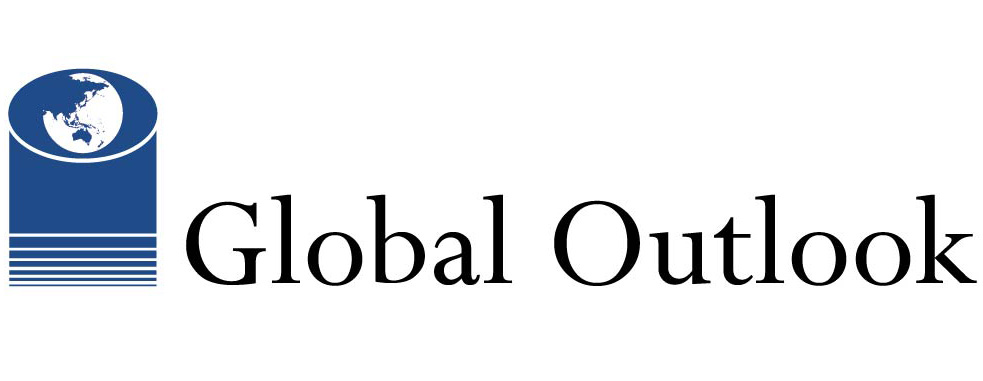
Curated expert opinion on intractable contemporary issues
Global Outlook Articles by Jordan Ryan
Jordan Ryan is a member of the Toda International Research Advisory Council (TIRAC) at the Toda Peace Institute, a Senior Consultant to the Folke Bernadotte Academy (Sweden) and former Vice President for Peace at The Carter Center. He recently completed an assignment as the lead author of the UN integration review for the Executive Office of the Secretary-General. Mr. Ryan served as UN Assistant Secretary-General and UNDP Assistant Administrator from 2009-2014, was Deputy Special Representative in Liberia, and UN Resident Coordinator in Vietnam. He holds graduate degrees from Columbia University and George Washington University and received his B.A. from Yale University. He was also a fellow at Harvard's Kennedy School.
When Algorithms Rewrite History: Governing the Digital Erosion of Democratic Memory
By Jordan Ryan | 06 December, 2025
As Spain marked the fiftieth anniversary of Francisco Franco’s death in November 2025, the country’s reckoning with its past collided with social media platforms amplifying distorted versions of the dictatorship to millions of young Spaniards.
Digital Polarisation and the Future of Peace: Why Governance Must Catch Up With Power
By Jordan Ryan | 24 November, 2025
Democracy today is at a critical juncture. Political systems worldwide face pressures that once would have been extraordinary: accelerating authoritarianism, deepening civic fragmentation, and collapsing public trust.
The New Fragility: Peacebuilding Meets Digital Democracy
By Jordan Ryan | 18 November, 2025
Established democracies are exhibiting governance stresses that were once associated primarily with fragile and conflict-affected states. Polarisation is weakening institutional trust, fragmenting civic norms, and reducing societies’ ability to solve problems collectively. This is the new fragility.
The Empire Has No Clothes: America's Democratic Sermons and the Authoritarian Boomerang
By Jordan Ryan | 31 October, 2025
In 2025, a startling spectacle emerges: the nation that proclaimed itself democracy's global arbiter now displays the very symptoms of authoritarianism it once denounced.
A Vicious Spiral: Political Violence in Fragile Democracies
By Jordan Ryan | 13 September, 2025
The assassination of conservative activist Charlie Kirk in the United States on 10 September 2025 signals a renewed threat to democratic stability in the United States and beyond.
US Bars Palestinian Delegation: A Dangerous Precedent for UN Universality
By Jordan Ryan | 04 September, 2025
While past exclusions of entry to the US targeted individuals, the revoking of visas—directed at an entire visiting leadership delegation from the PA and PLO—is without precedent in UN history.
The views and opinions expressed in Global Outlook are those of the authors and do not necessarily reflect the official policy or position of Toda Peace Institute.





